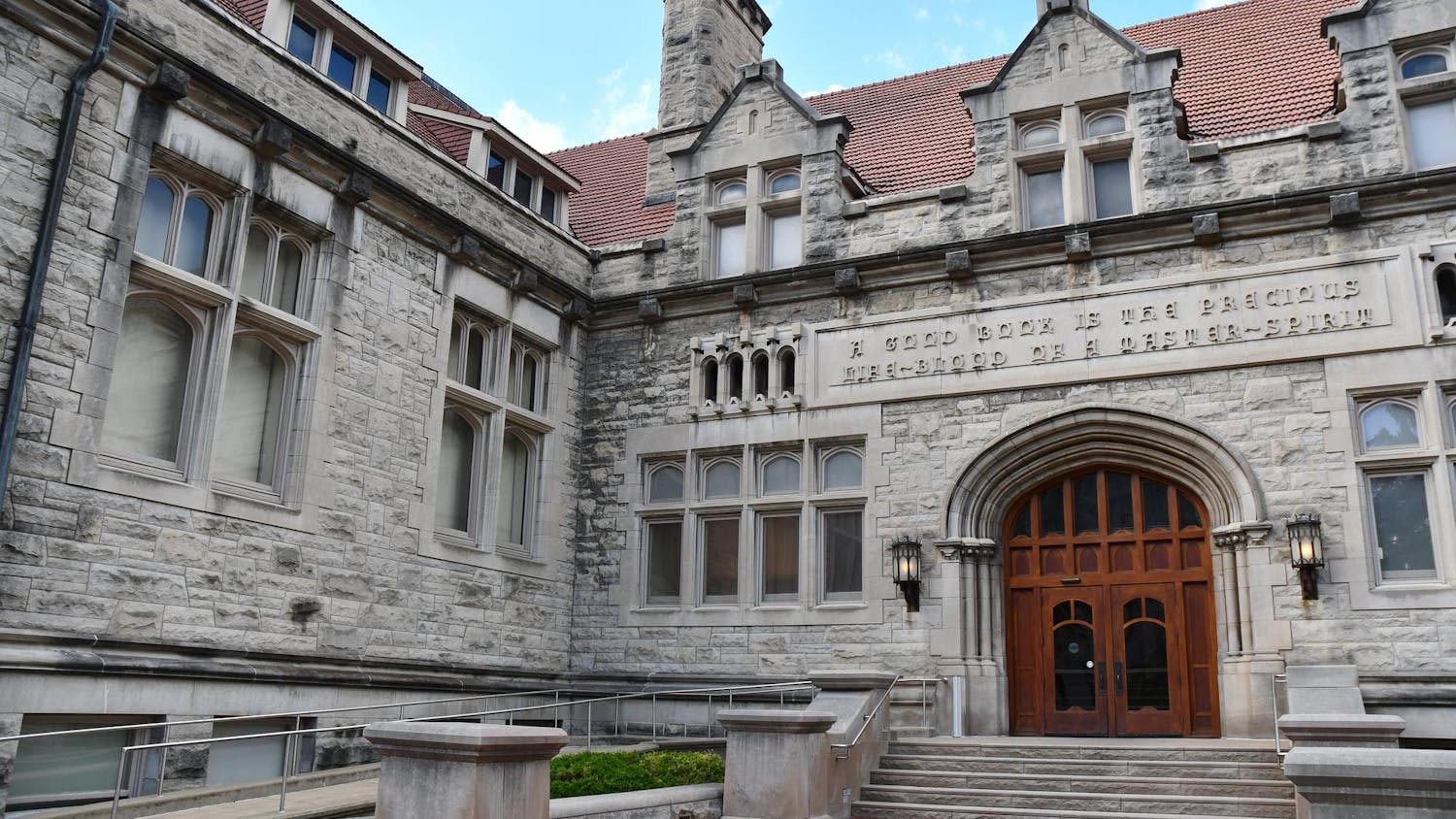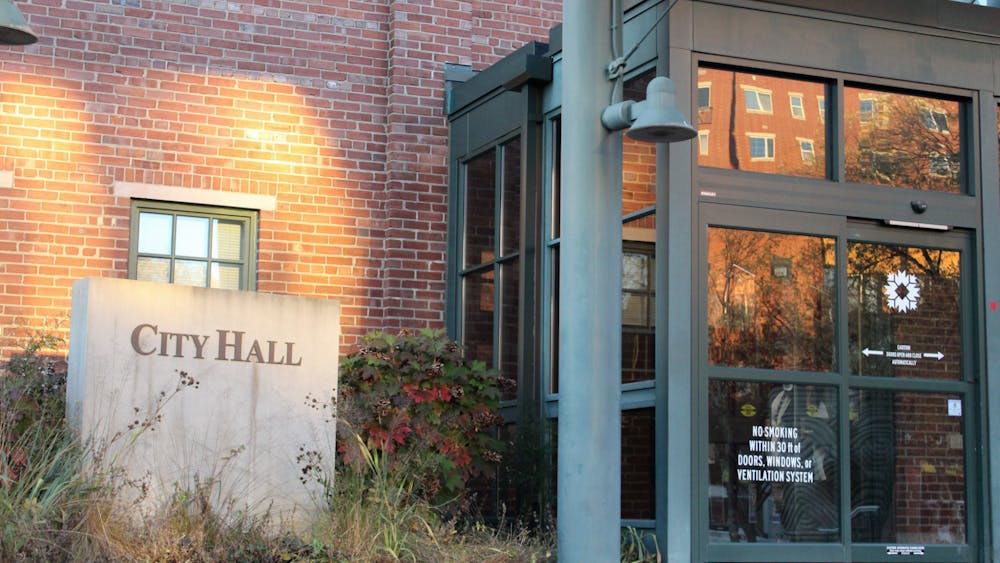Indiana’s troubled unemployment system could be hurting until as late as 2015, lawmakers said last week, as the state continues to borrow more from the federal government to cover its own dwindling funds.
“Indiana is currently borrowing to pay unemployment,” said IU economics professor Willard Witte. “But we have to get out of this hole if you want the unemployment compensation system to continue. I don’t think there’s much alternative.”
The Indiana Department of Workforce Development said Sept. 9 that the state had been expected to stop borrowing from the federal government by 2012. But newer projections predict it will be 2015 before the state can stop borrowing.
Indiana has already borrowed $1.1 billion from the federal government to cover unemployment – a figure that could rise to more than $1.7 billion by the end of 2009 and $2.7 billion by the end of 2010.
Indiana State Legislature passed a law in April raising unemployment taxes on employers, which are used to pay unemployment benefits, but lawmakers said the higher taxes will not fix the problem right away.
“It’s a fix that stops the bleeding and hemorrhaging, and it’s still going to bleed,” said State Rep. Russ Stilwell, D-Boonville. “We were very clear about that. It’s a long-term black hole.”
But there will be consequences on the local level in the meantime, Witte said.
“Indiana is going to have to pay back what it borrows and rebuild the (unemployment) fund, and that will be financed by business,” Witte said. “Economic theory says that will have some effect on businesses not hiring people. Since it raises the costs of employment, some of that might be offset by lower wages, and that’s where people will really see the difference.”
Indiana is not the only state to have borrowed federal funds for unemployment. Seventeen other states have already borrowed federal money, and more could soon, according to the AP.
Witte said the problem could have been avoided, and bad management by the legislature allowed the fund to dwindle.
“One of the reasons the systems got into trouble was that they lowered the tax rate a couple of years ago because they said the fund was too high,” Witte said. “Now they’re getting payback for that. They figured they wouldn’t have to worry about unemployment, and that was a mistake, and now they’re being forced to pay for it.”
Witte said businesses across Indiana could see “substantial” increases in taxes, though there is debate about how long the state should take to pay back federal funds and begin rebuilding its own unemployment fund. And it’s likely to be a long, tough road in times when unemployment is high.
- The Associated Press contributed to this report.
Ind. continues to borrow from federal government
Get stories like this in your inbox
Subscribe





